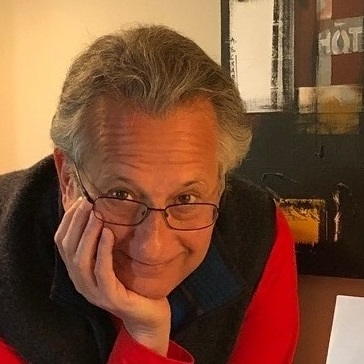Modesty is an essential ingredient of good medicine and good policy.
I’ve taught the economics of health to hundreds of physicians, nurses, therapists, administrators and other professionals. There’s no telling how many tens of thousands of lives they’ve saved. Though lecturing to such students is profoundly humbling, one of my principal goals is harnessing economics to teach humility to those who have much reason for pride.
In the 20th century, physicians attained godlike stature, a process described in Paul Starr’s book “The Social Transformation of American Medicine.” But the border between pride and hubris is porous, and hubris is a dangerous tonic.
My job is mostly to ask questions and poke holes in conventional wisdom — not to provide answers. Four documents described below help me in this effort.
“Determinants of Health” is a complex, but comprehensible, graphic produced by Edwin Choi and Juhan Sonin of GoInvo (a digital studio focusing on health care). It asks, “What explains differences in health across individuals?”
For providers, it’s sobering to see that medical care explains only 11 percent of the variation. Individual behavior (alcohol, drugs, diet, etc.) explains 36 percent; social circumstances (literacy, occupation, family circumstances, etc.), 24 percent; genetics and biology, 22 percent; and environmental factors, 7 percent.
This doesn’t mean medical care is unimportant. It might suggest that in pursuing health, one might spend the next million dollars on something other than medical care. It might suggest that health care isn’t to blame for America’s somewhat foreshortened average lifespan. The key is “might.”
“The Questionable Contribution of Medical Measures to the Decline of Mortality in the United States in the Twentieth Century” is a 1977 research paper by John and Sonja McKinlay. For my physician-students, a showstopper is the McKinlays’ graphs showing massive declines in deaths from measles, scarlet fever, tuberculosis and typhoid after 1900. Perplexingly, all four show effective medications (vaccine, penicillin, isoniazid, chloramphenicol) were introduced after the mortality declines, not before. What does this mean for health care? You decide.
Nobel economist Robert Fogel sought to explain why human mortality declined precipitously over the past few centuries. His 1996 paper “New Findings about Trends in Life Expectation and Chronic Diseases” mined centuries of data on agriculture, calories consumed in labor, military recruits’ height, incidence of bad teeth, and more. He found that medical care, public health and other conventional answers couldn’t explain the decline. The likeliest explanation, he found, was the decline in malnutrition during the first few years of life (including the months in the womb). No matter how well one eats later in life, poor nourishment in those early years, it seems, make organ failure and early death likely decades later.
A powerful implication is that in our well-nourished era, Americans may live longer than managers of pension funds (or Social Security) assume. Financial trouble ahead?
Finally, James A. Maccaro’s 1997 article “From Small Beginnings: The Road to Genocide” contrasted humility and hubris in mid-century European medicine. Leo Alexander, an American psychiatrist (and expert at the Nuremberg Trials) investigated why German doctors didn’t do more to stop the Nazis’ program of genocide and barbaric medical experimentation. He discovered they didn’t do more to stop the horrors because they were instrumental in creating them.
German doctors enthusiastically volunteered for servitude to, and leadership within, the Third Reich. Deputy Fuhrer Rudolf Hess declared Nazism “nothing but applied biology,” and many German doctors apparently agreed. They collectively decided that medicine’s primary purpose was building an economically productive populace — an emphasis that opened the floodgates for atrocities.
Dutch physicians, Alexander found, unanimously rejected this assumption after the Nazis conquered the Netherlands. They viewed their role as healing and comforting the sick and dying. Though threatened with punishment and death, humility assured that no Dutch doctors participated in the Holocaust.
Finally, let’s ponder the notion of humility with two fitting quotes: “Some of the biggest cases of mistaken identity,” economist Thomas Sowell wrote, “are among intellectuals who have trouble remembering that they are not God.” Novelist N.K. Jemisin once cautioned, “We can never be gods, after all — but we can become something less than human with frightening ease.”


